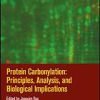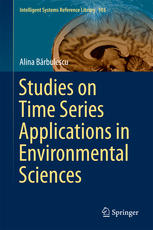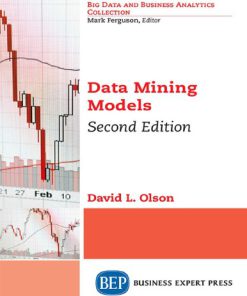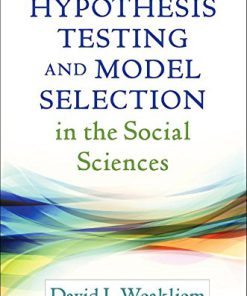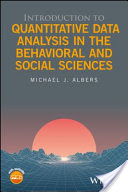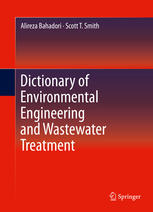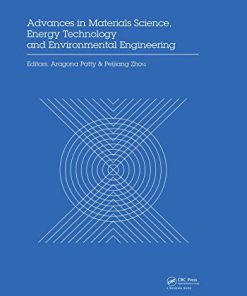Data Treatment in Environmental Sciences 1st Edition by Valérie David 0081023464 9780081023464
$50.00 Original price was: $50.00.$25.00Current price is: $25.00.
Data Treatment in Environmental Sciences 1st Edition by Valérie David – Ebook PDF Instant Download/Delivery: 0081023464, 9780081023464
Full download Data Treatment in Environmental Sciences 1st Edition after payment

Product details:
ISBN 10: 0081023464
ISBN 13: 9780081023464
Author: Valérie David
Data Treatment in Environmental Sciences presents the various methods used in the analysis of databases—obtained in the field or in a laboratory—by focusing on the most commonly used multivariate analyses in different disciplines of environmental sciences, from geochemistry to ecology. The book examines the principles, application conditions and implementation (in R software) of various analyses before interpreting them. The wide variety of analyses presented allows users to treat datasets, both large and small, which are often limited in terms of available processing techniques.
The approach taken by the author details (i) the preparation of a dataset prior to analysis, in relation to the scientific strategy and objectives of the study, (ii) the preliminary treatment of datasets, (iii) the establishment of a structure of objects (stations/dates) or relevant variables (e.g. physicochemical, biological), and (iv) how to highlight the explanatory parameters of these structures (e.g. how the physico-chemistry influences the biological structure obtained).
- Proposes tools that can be used to deal with environmental data
- Insists on the adequacy between the scientific objectives and the types of analyses
- Present mathematical principles without going into detail
- Offers a wide range of important analyses
Table of contents:
1: Observing and Preparing a Data Set
Abstract
1.1 Creating a database in relation to our predetermined goals
1.2 Observing the database scrupulously
1.3 Reducing the number of environmental variables
1.4 Eliminating rare species
2: Preliminary Treatment of the Data Set
Abstract
2.1 Abundances, species richness and species diversity
2.2 Transformations
2.3 Association measures and matrices
3: Structure as Groups of Objects/Variables
Abstract
3.1 The most used types of cluster analysis
3.2 Information on the descriptors that generate the groups obtained
4: Structure as Gradients of Objects/Variables
Abstract
4.1 Parametric alternative: unconstrained ordination
4.2 Non-parametric alternative: nMDS
5: Understanding a Structure
Abstract
5.1 Correlating a structure with one or more structures without causal hypothesis
5.2 Explaining a structure
People also search:
data science in environmental science
data environmental science
data environmental science definition
data analysis for environmental science and management
data treatment in environmental sciences
You may also like…
Business & Economics - Management & Leadership
Computers
Studies on Time Series Applications in Environmental Sciences 1st Edition Alina Bărbulescu (Auth.)
Mathematics
Mathematics
Hypothesis Testing and Model Selection in the Social Sciences 1st Edition David L. Weakliem Phd
Computers - Organization and Data Processing
Introduction to Quantitative Data Analysis in the Behavioral and Social Sciences Michael J. Albers


